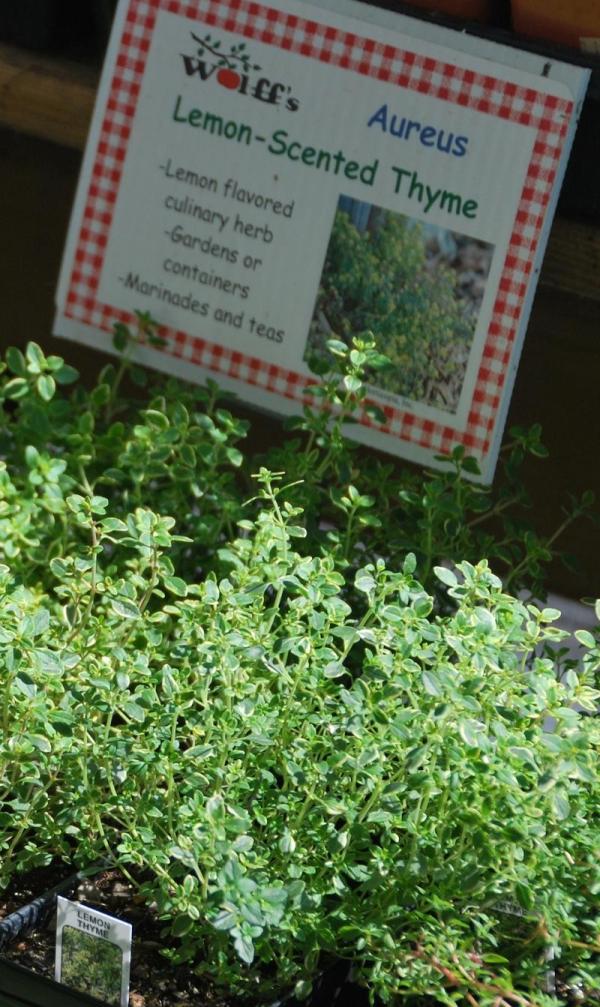As a Wolff’s Apple House customer, you take care to make healthy, conscientious choices. You know where your food comes from, and that it usually comes from within 50 miles of our store. You know that if you ask, someone at Wolff’s will be able to tell you about the farmer.
But as you think about the sad day coming soon when you will pack away your summer clothes, have you thought about where the potpourri or other natural fragrance you include with your clothes will come from?
And as you start to winter-proof your home and close up the windows for winter, have you thought about natural ways to keep the air fresh?
“Our lungs are a gateway to our bodies,” says Hedge Sefcovic of A Natural Alternative Soaps and Toiletries in Emmaus, PA. Just like being exposed to secondhand smoke can be harmful, breathing in some of the chemicals in artificial fragrance, such as phthalates, can damage our health. Phthalates, which are known to disrupt hormones, used to be common, says Hedge, but have now been banned in baby products. Nevertheless, phthalates are so common that the Breast Cancer Fund recommends avoiding cosmetics that have the word “fragrance” on the label.
“Most of the time with fragrances,” says Hedge, “you don’t even know what is in it.” She points out that fragrance ingredients are considered proprietary and do not have to be disclosed. This could be especially harmful for people with allergies, she notes.
Hedge points to the length of time we spend breathing the air in our homes as another reason to choose natural rather than artificial air fresheners: If we’re careful to avoid phthalates and other chemicals in a shampoo that is on our head for a short time, what about the “air fresheners in enclosed spaces for months on end?”
“Go natural, and you know what you’re doing,” urges Hedge, who started making soap fifteen years ago and noticed that “if I made my own stuff, I felt better…. The simpler my life got, the better I felt.”
With essential oils or potpourri, you have “complete understanding of what’s in it.”
So How Do You Make Them?
Once you have decided to make the switch to natural air or closet fresheners, options abound!
To make fragrance sachets, Hedge encourages trips to the spice aisle to pick out lavender, mint, star anise or herbs de Provence. But the fragrance doesn’t have to be fancy. Even dried pine needles will work. You can put your spice mixture into bags made from organza, cotton, cheesecloth, or even scraps of old sheets or leftover fabric. “It’s in your drawers!” she laughs. “Nobody’s going to see it!”
To keep your home smelling good and add much needed humidity during the winter “when it’s so dry, and your nose hurts,” Hedge recommends boiling spices like pumpkin spice, or pieces of orange with star anise. (This blend smells amazing, she notes.) Whatever is edible can be used for aroma in your home. Chunks of that apple that is getting yucky—throw it on the stove and at least you can enjoy its scent, says Hedge.
Making your home and your clothes smell good is not just a nice finishing touch. It can also lift your spirits. In the winter, Hedge says, it’s important to think of spring, so she saves herbs and flower petals from her garden to carry her through the cold months.
It’s an emotional boost for her, just like being able to eat a pickle she’s made from one her garden’s cucumbers connects her to summertime.
“Anything that will help us relax a little bit and focus on the positive is good!” she says. You’re also creating memories for other people, like your kids and grandkids, nieces and nephews.
The benefits of fragrance range from the emotional to the highly practical. Lavender, cedar and catnip keep away bugs, so they can shoo away the moths that feed on clothing. Catnip, says Hedge, will even keep mosquitos away, so you can look forward to using it or growing it in the summer!
Keeping It Safe
To stay safe while working with fragrance, follow a few guidelines from Hedge:
- Be careful with stove if there are kids around.
- Do your research into oils you can use. Wintergreen essential oil, for instance, can be poisonous in large doses. Order a copy of the Physician’s Desk Reference for Herbal Medicines from your local library (it’s expensive). Browse Rodale’s publications on herbs, and look at Robert Tisserand’s Essential Oil Safety.
- Use just a few drops of essential oils.
- Store essential oils as you would store medicine. Treat them with respect.
With these simple precautions, it is easy to opt for natural ways to freshen your home this fall.



